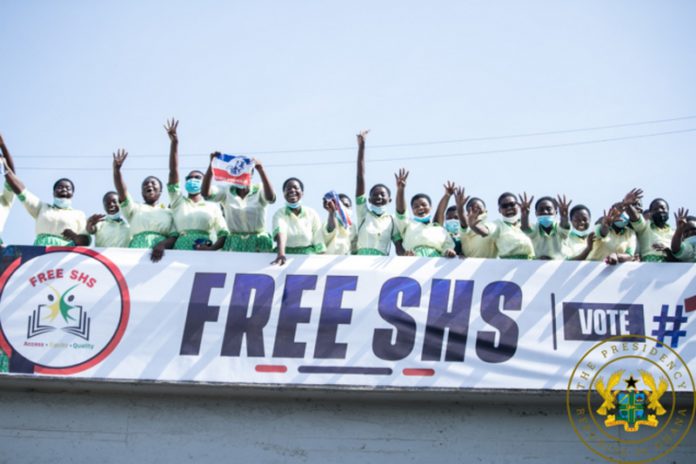The Ghana National Council of Private Schools (GNACOPS) has issued a strong critique of the Ministry of Education (MoE) over its handling of the Free Senior High School (SHS) policy.
They accused the Ministry of autocratic leadership and a refusal to consider alternative perspectives.
GNACOPS argues that the ruling New Patriotic Party’s (NPP) failure to retain power in the 2024 elections can partly be attributed to the Ministry’s mismanagement of the policy and its inability to address systemic issues within the education sector.
In a statement released on January 14, GNACOPS outlined a range of concerns regarding the implementation of the Free SHS policy.
A key issue was the Ministry’s failure to collaborate with private schools to address critical challenges, including resource allocation, feeding, and infrastructure development.
This lack of partnership, the council noted, left many pressing issues unresolved and hampered the overall effectiveness of the program.
The council also condemned the controversial 30% SHS Category A placement policy, which limited the access of students from private schools to top-tier public schools.
GNACOPS described the policy as discriminatory and divisive, undermining the program’s goal of providing equitable access to quality education.
Accusations of corruption in the student placement process further marred the Ministry’s credibility. GNACOPS alleged that political activists were appointed to key positions, creating an atmosphere of favoritism and mistrust among stakeholders.
The leadership style of the Ministry came under intense scrutiny, with GNACOPS describing it as autocratic and dismissive of feedback from teachers, school heads, and parents. This unwillingness to engage stakeholders in meaningful dialogue, they argued, exacerbated the negative effects of the policy.
The council noted that many basic schools were left in dire conditions while secondary education was prioritized to serve political agendas.
Additionally, the Ministry’s failure to communicate effectively with the public was highlighted as a significant issue.
GNACOPS pointed to frequent outages of official websites and social media platforms, which undermined transparency and eroded public trust.
In conclusion, GNACOPS emphasized that many of the challenges faced by the Free SHS policy could have been mitigated through greater collaboration, transparency, and a more inclusive leadership approach.
The council called on the Ministry of Education to reassess its strategies and engage all stakeholders in a bid to improve Ghana’s education system comprehensively.




READ ALSO:


